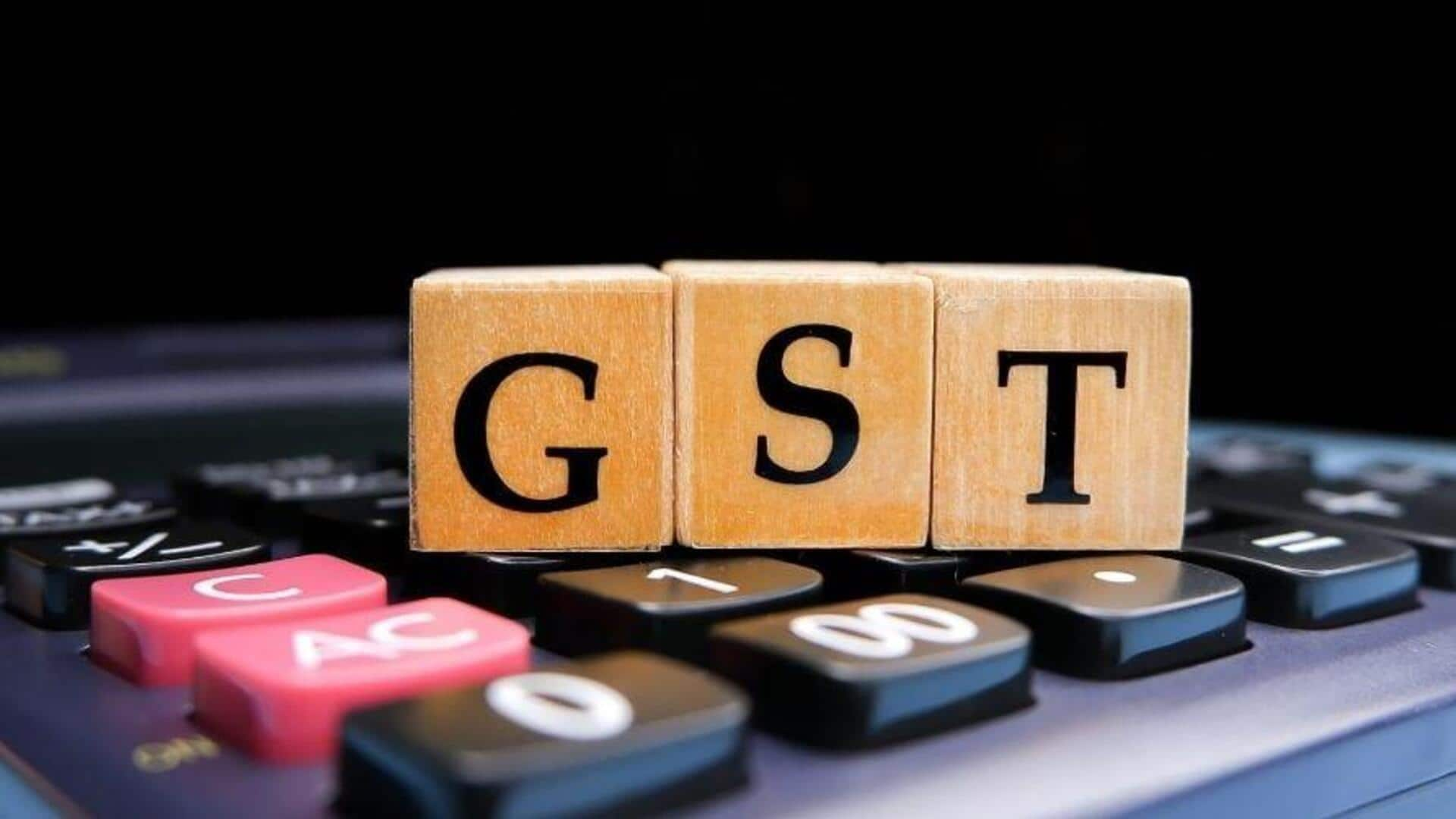GST will not be applicable to gift vouchers and cards
What's the story
The Central Board of Indirect Taxes and Customs (CBIC) has clarified that prepaid vouchers, such as gift cards and digital wallets, are exempt from Goods and Services Tax (GST).
This is because the Reserve Bank of India (RBI) treats these vouchers as prepaid instruments.
Under the GST framework, they fall under 'money' rather than a supply of goods or services.
Tax exemption
Non-prepaid vouchers also exempt from GST
Non-prepaid vouchers, which are neither prepaid instruments nor qualify as such but give the holder the right to certain goods/services, are also exempt from GST.
These fall under "actionable claims" as per the GST Act.
The CBIC has said that transactions of these vouchers are not a supply of goods/services, thus they don't attract GST.
Tax applicability
Implications on goods, services redeemed using vouchers
While transactions involving both prepaid and non-prepaid vouchers aren't subject to GST, the goods or services that can be redeemed using these vouchers may still attract GST, as per the law.
This clarification by the CBIC is crucial for businesses and consumers to understand the tax implications associated with voucher transactions.
Distribution models
CBIC explains GST impact on voucher distribution models
The CBIC has also clarified the GST treatment on distribution of vouchers.
In a principal-to-principal basis model, where distributors purchase vouchers from issuers at discounted prices and sell them to sub-distributors or customers, such transactions are not liable to GST.
However, in a commission/fee basis model where distributors and agents work on behalf of the voucher issuer for a commission/fee, this transaction is a service and hence liable to GST.
Additional information
Additional services, unused vouchers under GST framework
For distributors or service providers providing additional services such as advertising or customer support to voucher issuers, these services attract GST.
The service fee charged for such services will be liable to GST at applicable rates.
On unused vouchers, the CBIC clarified that if vouchers expire and go unredeemed (called 'breakage'), no supply of goods or services takes place. Hence, the money from unredeemed vouchers isn't liable to GST.
Expert opinion
Expert insights on voucher classification under GST
Vivek Jalan, Partner at Tax Connect Advisory Services LLP, further explained the classification of vouchers under GST.
He stated, "Vouchers are pre-payment instruments defined by the RBI, which means they create an obligation for the supplier to accept them as payment for goods or services."
"If a customer buys a ₹10,000 voucher for a store, GST applies to the goods purchased, not the voucher itself," he added.
